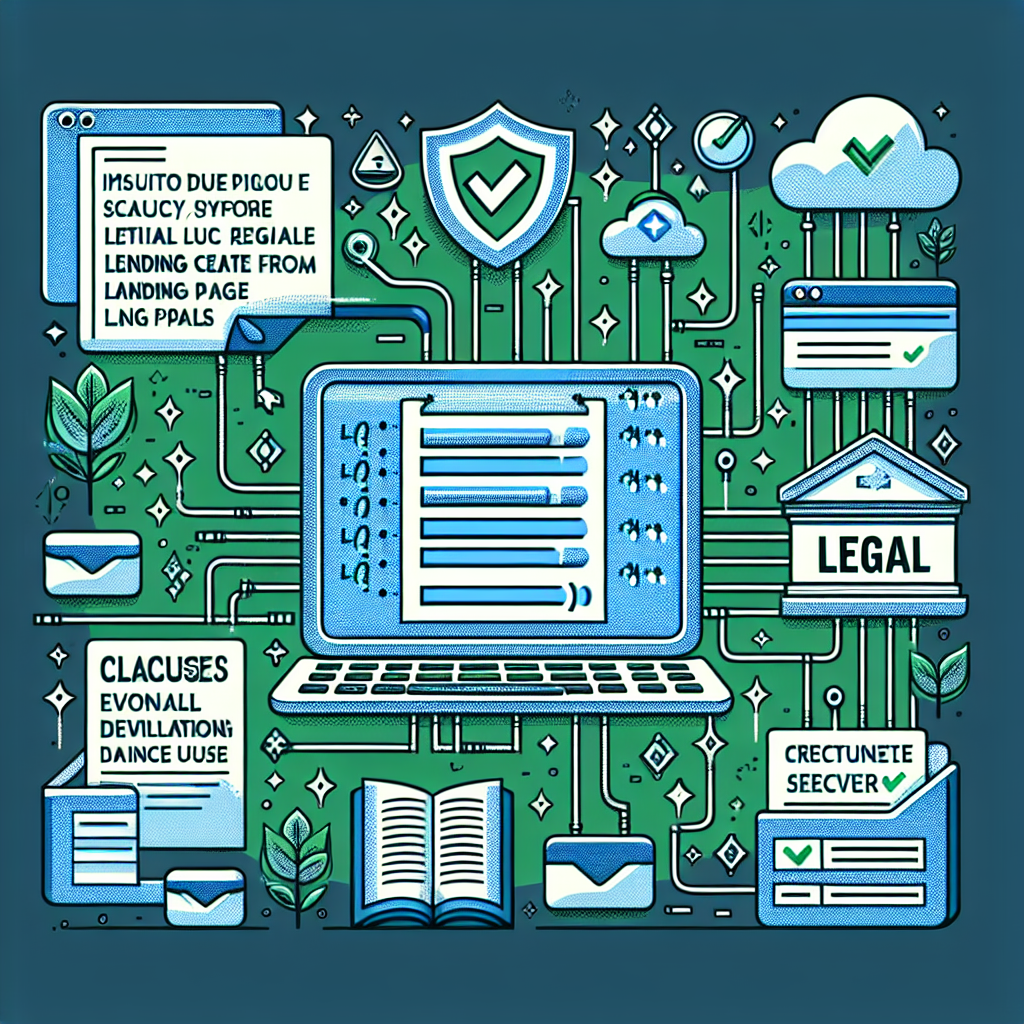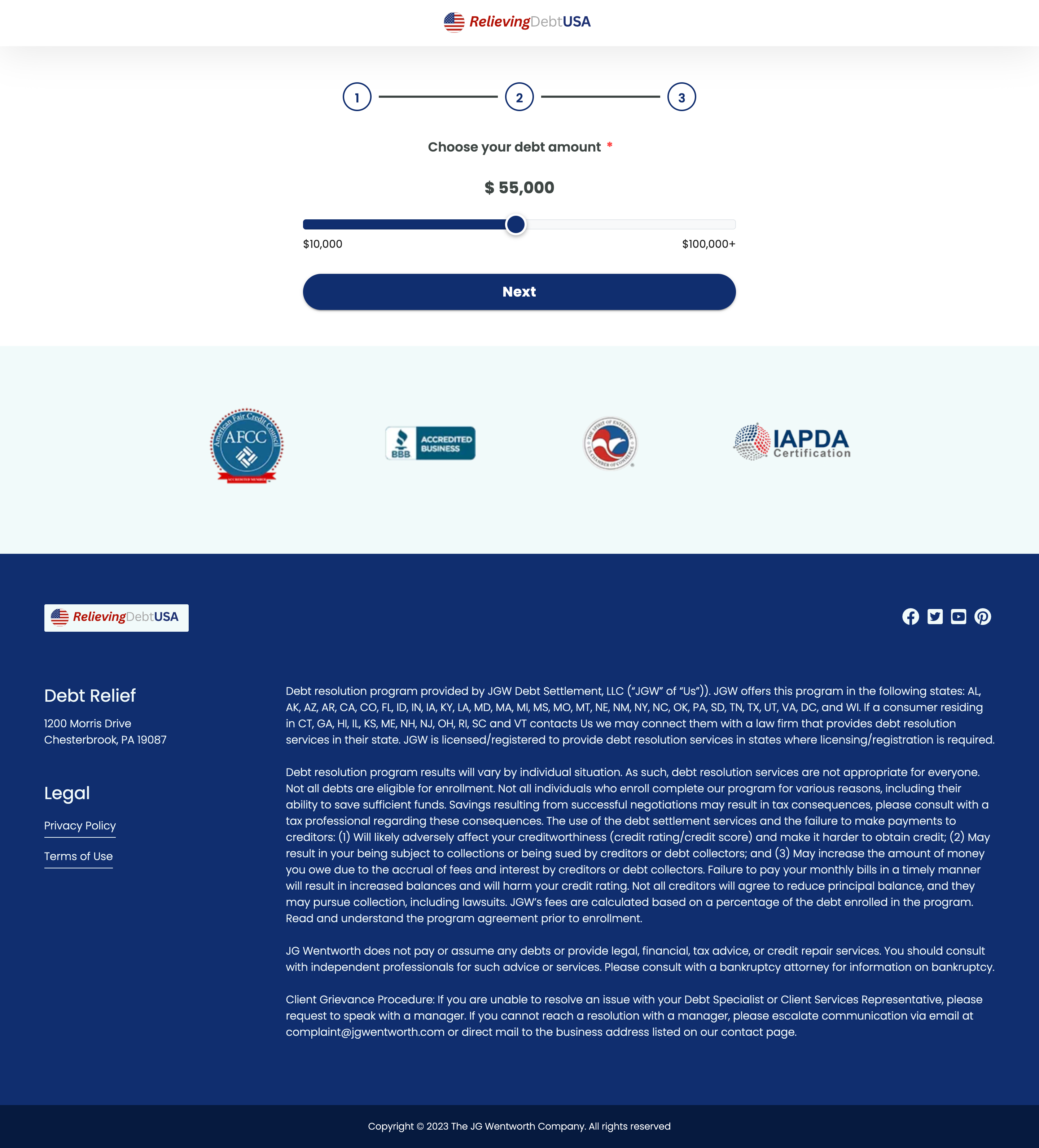Best Practices for Scraping Landing Pages Legally
Web scraping is a powerful tool for collecting data, insights, and keeping track of competitor strategies. However, not all scraping practices are lawful or ethical. This article discusses the best practices for scraping landing pages legally while ensuring compliance with standards and legal guidelines.
Table of Contents
- Introduction
- Understanding Web Scraping
- Legal and Ethical Considerations
- Best Practices for Legal Web Scraping
- Ethical Data Use
- Conclusion
Introduction
In the digital age, data is king. Scraping landing pages can provide invaluable insights into marketing strategies, customer preferences, and industry trends. However, with great power comes great responsibility. Scraping websites in a legal and ethical manner is crucial to respecting copyright laws and standards, avoiding penalties or bans.
Understanding Web Scraping
Web scraping is a technique used to extract large amounts of data from websites quickly and efficiently. This data is typically transformed into another form that is easier to analyze. Tools and software for scraping are plentiful and offer various capabilities, including scraping entire web pages or specific types of content from those pages.
Legal and Ethical Considerations
The legal landscape of web scraping is complex and varies from jurisdiction to jurisdiction. It often involves understanding copyright laws, terms of service agreements, and respecting user privacy. Ethical considerations involve the responsible use of data, ensuring it does not harm or disadvantage others, and maintaining a respectful relationship with the scraping target.
Best Practices for Legal Web Scraping
Read and Respect robots.txt
The robots.txt file on a website is a crucial indicator of what content can and cannot be accessed by web crawlers. Although it’s not legally binding, respecting these files is considered a best practice and signifies ethical scraping behavior.
Seek Permissions
Whenever possible, explicitly seek permission to scrape content from a website. You can do this by contacting the website’s administrator and explaining your purpose. Obtaining official consent will protect you legally and foster a cooperative relationship with the data source.
Avoid High Frequency Scraping
Scraping a website too frequently can cause strain on server resources and can be labeled as a Denial-of-Service (DoS) attack. To avoid this, scrape at a reasonable rate, respecting the site’s capacity and availability without compromising its functionality for other users.
Attribution is Key
If you plan to publish the scraped data, ensure proper attribution is given to the source website. This not only legalizes the data use but also maintains transparency and credibility in your work.
Use Web APIs When Available
Before beginning to scrape data, check if the website offers an Application Programming Interface (API). Many businesses provide APIs as a more structured and legal means to access data, reducing the need for scraping and diminishing any risk of legal action.
Ethical Data Use
Once you have collected data legally, it is important to use it ethically. This includes anonymizing personal information when necessary, not using the data to mislead or deceive, and adhering to the purpose for which you originally collected it. Ensure compliance with the data protection and privacy laws applicable in your region, like GDPR for the European Union.
Conclusion
Legal and ethical web scraping plays a significant role in the modern data-driven economy. By following these best practices, you can scrape landing pages effectively and lawfully. For those looking for a robust tool to assist in capturing landing pages flawlessly, consider using a landing page ripper tool developed as a Chrome extension for easy and compliant data extraction.









